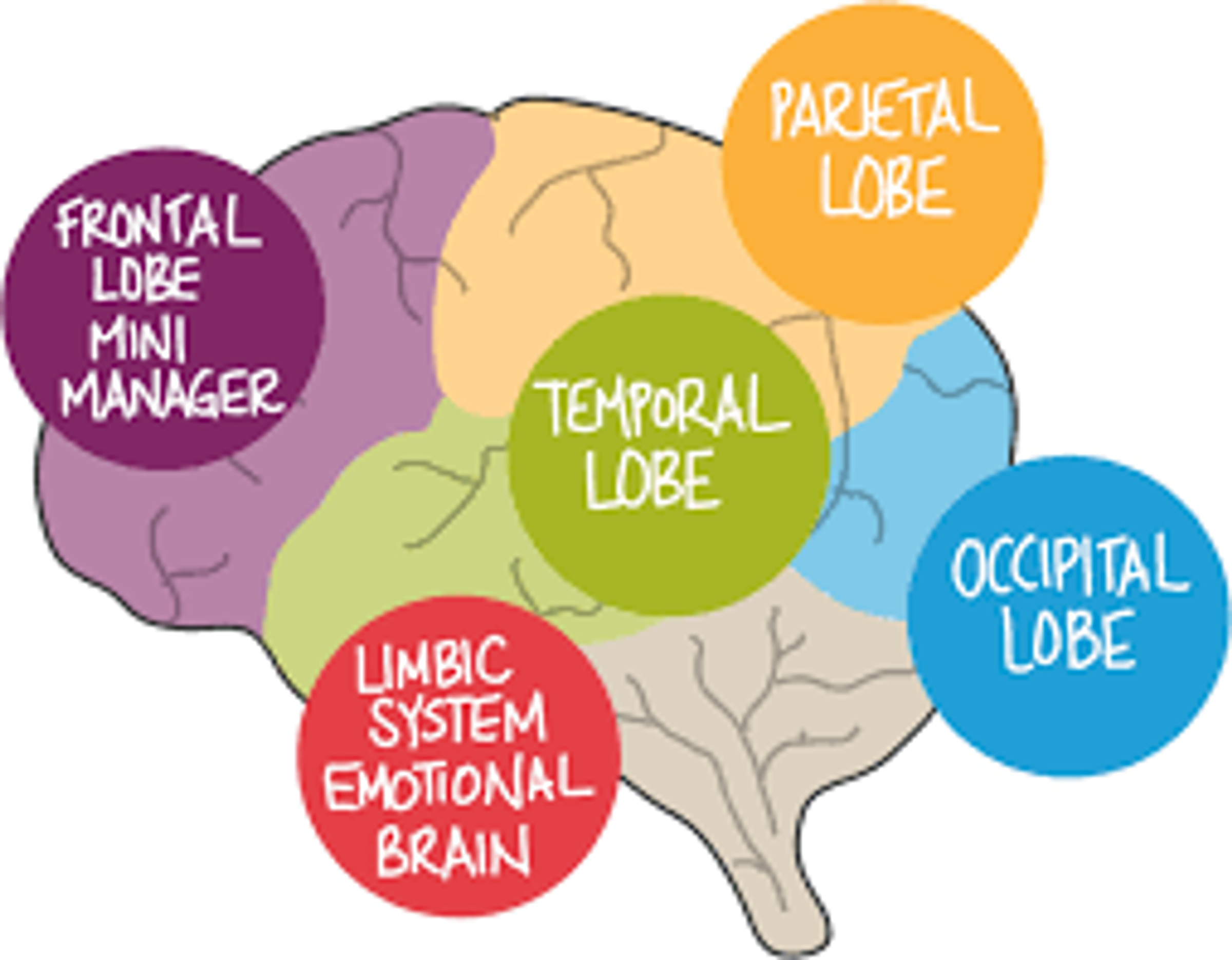Understanding the Teenage Brain: Why Parents Matter More Than Ever

Adolescence is one of the most fascinating and sometimes challenging stages of development. Between the ages of 12 and 25, the brain undergoes its most significant growth since early childhood. This period shapes how young people think, learn, make decisions, and form relationships and it’s why parents continue to play such a vital role, even when it feels like teenagers are pushing for independence.
What’s happening in the teenage brain
The prefrontal cortex is still developing.
This part of the brain, responsible for planning, decision-making, impulse control, and emotional regulation, continues to mature well into the mid-20s. That’s why teenagers sometimes act on emotion rather than logic and their “thinking brain” is still catching up to their “feeling brain.”
The limbic system is highly active.
This area processes emotions and rewards. It drives teens toward risk-taking, novelty, and social connection are important for learning and identity, but also why peer influence can outweigh parental advice at times.
Sleep and screen use matter.
The adolescent brain needs around 8–10 hours of sleep each night to consolidate memory and regulate mood. Late-night scrolling, gaming, or studying can disrupt these patterns, affecting concentration and wellbeing.
Brains grow through connection.
Positive relationships with parents, teachers, and peers can literally strengthen neural pathways for trust, empathy, and resilience. When a young person feels safe and supported, their brain is more open to learning and growth.
What parents can do
1. Stay connected — even when they pull away.
Keep communication open and calm. Listen without jumping in too quickly with solutions. Teens still need guidance; they just need it offered with respect and trust.
2. Encourage healthy risks.
Sport, music, part-time work, volunteering, and travel all help satisfy the brain’s craving for novelty in positive ways.
3. Model calm and reflection.
Your responses teach emotional regulation. When you stay composed during conflict, your child’s mirror neurons are learning how to do the same.
4. Support sleep and routines.
Agree on screen-free time before bed and consistent wake-up routines. A well-rested brain learns and copes far better.
5. Talk about choices, not control.
Help your teen think through cause and effect: “What might happen if…?” This builds the decision-making circuits of the prefrontal cortex.
The takeaway
Your influence as a parent doesn’t fade during adolescence, it simply evolves. Each positive conversation, shared laugh, or boundary set with care helps shape your child’s developing brain toward empathy, self-control, and purpose.
Parent Tip:
“Connection before correction.” When emotions run high, pause to connect first — it helps your child’s brain shift from reaction to reflection.
